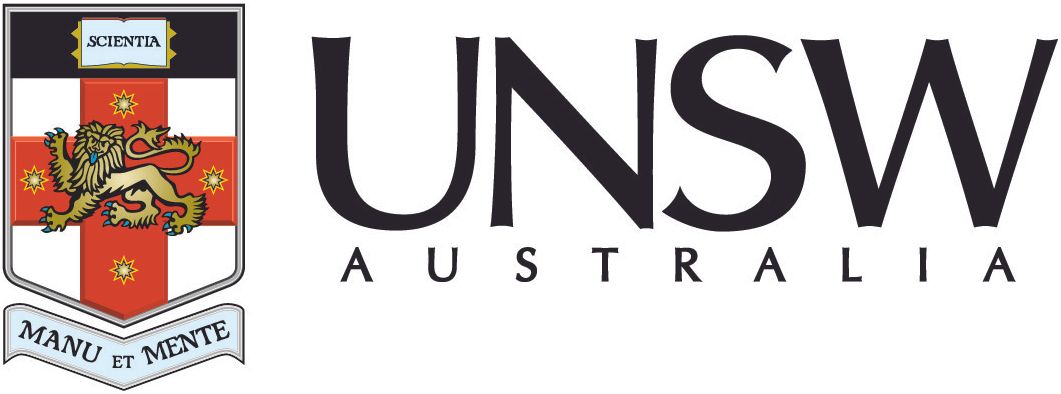
Image: Jaana Dielenberg
Submission to the Senate Inquiry into Climate Risk Assessment
Submission
8 September 2025
The Biodiversity Council welcomes the opportunity to provide feedback to the Senate Environment and Communications References Committee's inquiry into Climate Risk Assessment.
Australia is highly vulnerable to climate change. Increased warming will result in more hot days, fewer cold days, reduced snow cover, ongoing sea level rise and ocean acidification. Winter and spring rainfall and soil moisture are projected to decrease with more droughts over southern and eastern Australia. There is expected to be more intense storm events, with potentially fewer but more severe cyclones, and more extreme fire weather is expected in southern and eastern Australia.
Our key recommendations are outlined below:
- The Australian Government must provide a significant increase in sustained funding to support adaptation planning and action at all levels.
- The Climate Risk Assessment must be considered the starting point of climate adaptation undertaken by the Australian Government. As a next step, it should be supplemented by a vulnerability analysis. From this, the Australian Government should fund and facilitate programs that support engagement with the community and stakeholders in Australia's most vulnerable places.
- The Australian Government must step up and lead with increased accountability, more supportive governance and increased funding. Revising the Council of Australian Governments’ (COAG) statement of responsibilities for adaptation would be a good first step.
Regarding the National Adaptation Plan, which was released alongside the National Climate Risk Assessment as a framework for action, our key concerns are:
- Adaptation shortfall is not addressed for the natural environment system.
- It is unclear how to drive the step change required as the Plan is critically lacking in specific objectives, theories of change, and accountability measures to drive changes required to meet the scale of the problem.
- The Plan does little to address key problems identified in the Risk Assessment, including inadequate collaboration across government, ambiguity in roles and responsibilities, inadequate resources, inadequate engagement, and being slow to adapt to the pace of change. We need a broader conversation about adaptation governance.
Download the submission for further detail.
Following our submission to the Senate Inquiry into the Climate Risk Assessment, we were invited to give evidence to the committee. This video is a collation of our evidence, sourced from the full official recording of the proceedings from 16 Sep 2025.














